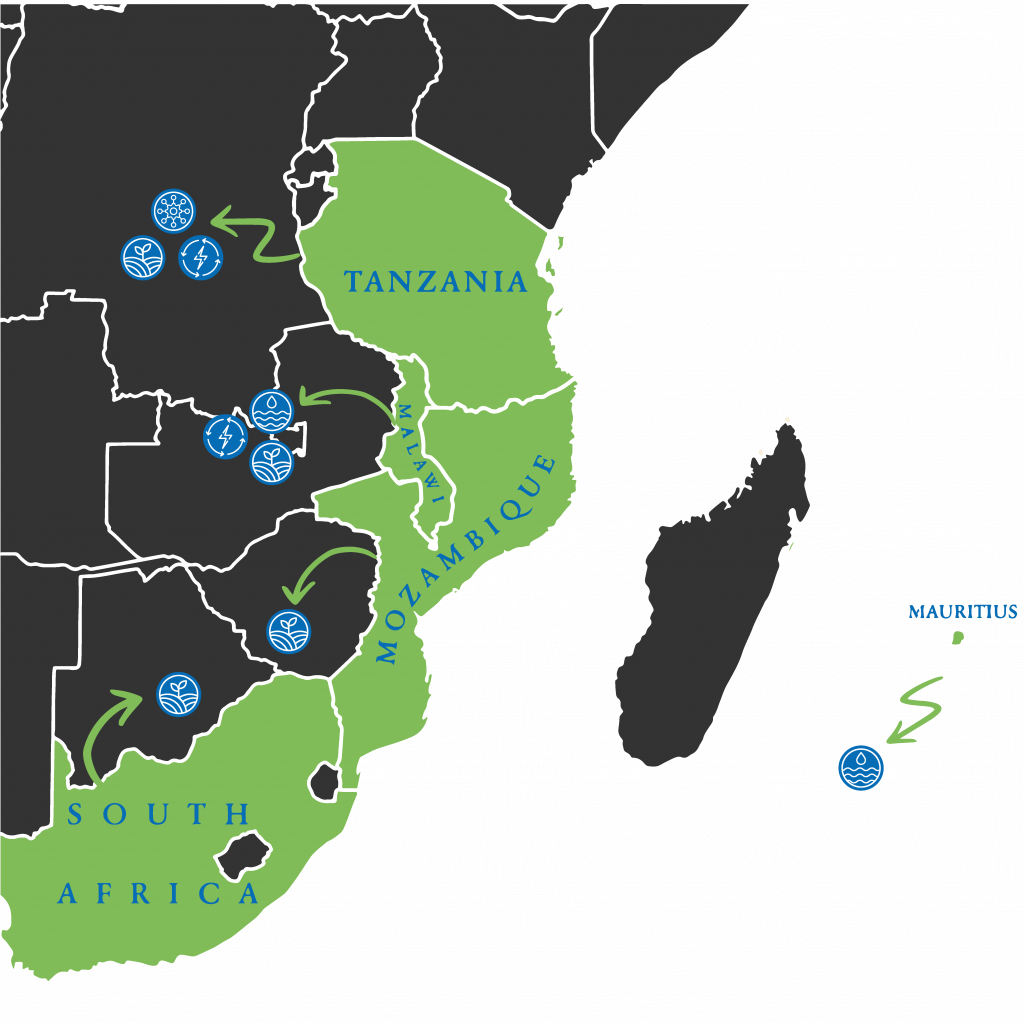The landmark Paris Agreement at COP21 called for enhanced adaptive capacity to strengthen resilience and thus reduce vulnerability to climate change.
To better manage potential climate risks and foster adaptation, climate-sensitive sectors require science-based and user-specific climate information connecting natural and socio-economic research with practice, namely Climate Services. Indeed, enabling access to climate information and providing user-friendly climate services will help decision-makers to build resilience at all levels and in a wide range of sectors, including food security, water, health and energy.

